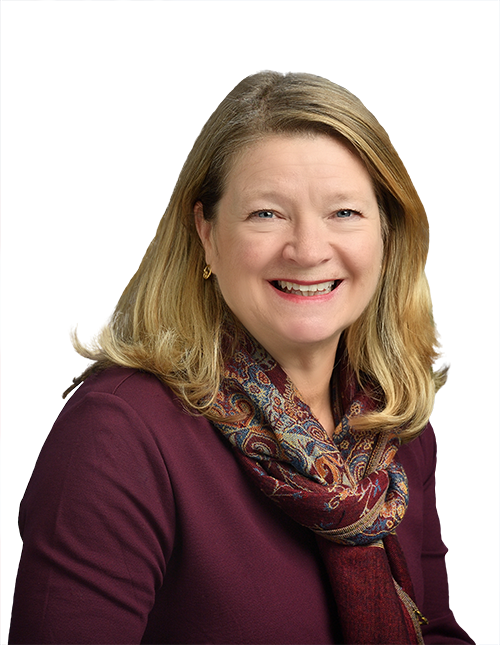Earth Day Reminds Us to Consider Our Impact on the Planet
Students, environmentalists, union members, farmers and politicians came together to organize the first Earth Day on April 22, 1970, to bring environmental issues to the forefront of American politics.[1] Today, Earth Day is a global event with more than 150,000 partners, organizations in over 190 countries and more than a billion participants, making it one of the largest public events in the world.[2] I was once again proud to introduce a legislative resolution honoring the observance of Earth Day in New York State.
Spearheaded by U.S. Sen. Gaylord Nelson of Wisconsin, the first Earth Day drew in an estimated 20 million participants in rallies, marches and teach-ins across the country. Earth Day’s impact cannot be understated—it helped establish the Environmental Protection Agency (EPA) and pass landmark legislation, including the Clean Air Act, Water Quality Improvement Act, Endangered Species Act and Safe Drinking Water Act. It remains an important day to push for new measures to preserve the health of our environment and ecology, as well as a reminder of the necessity of caring for our planet, especially in the face of efforts by the current federal administration to roll back environmental protections and regulations, freeze federal funding for environmental initiatives, and gut the agencies that are responsible for conducting climate research and developing climate policy.
The state Assembly Majority takes the health of our planet seriously, and we are working to pass legislation to improve our environment and mitigate the impacts of climate change. From pursuing renewable energy to preserving our natural spaces, New York State has shown its dedication to the tenets of Earth Day. Last year, the state’s Climate Change Superfund Act was signed into law to hold fossil fuel companies accountable, requiring these corporations to pay for climate resiliency projects across the state (Ch. 679 of 2024). Unfortunately, in a stunning act of federal overreach, the current administration has indicated its desire to attack this law and prevent its enforcement. My expectation is that any such effort would be met by a successful legal action on behalf of the state.
As a member of the Assembly Committee on Environmental Conservation, I have supported several green initiatives proposed in the Legislature and have worked to improve the sustainability of New York. This year, I am sponsoring bills to help our environment and build on past victories. This includes a bill that would create a highway use fee on outdoor advertising and the establishment of a state urban reforestation fund with the proceeds (A.2172). Another bill would set the goal of reducing annual vehicle miles traveled within the state by 20 percent by 2050 in an effort to reduce emissions in the transportation sector (A.4230).
Earth Day remains a people’s movement, a time when various communities can unite to make a difference. Whether we are simply picking up trash around our parks or fighting for larger
structural change, everyone can help our planet this Earth Day. If you want to get involved this year in Western New York, there are a variety of opportunities. Parks & Trails New York will hold its annual Canal Clean Sweep, cleaning up trash and debris along the entire length of the Erie Canal. Here in Amherst, a cleanup event will be taking place from 1pm to 3pm on April 27 at Amherst Veterans Canal Park. For more information, visit www.ptnyfriends.org/canal-clean-sweep. And on May 3, we will be celebrating “I Love My Park Day” at Amherst State Park. Visit my website at nyassembly.gov/McMahon and click the button for “I Love My Park Day” at the top of the page to volunteer for clean-up, tree planting and other beautification activities in partnership with the Town of Amherst Parks and Recreation Department. As usual, if you have any questions regarding issues of state law and/or community interest, please do not hesitate to contact my office at (716) 634-1895 or McMahonK@nyassembly.gov.
